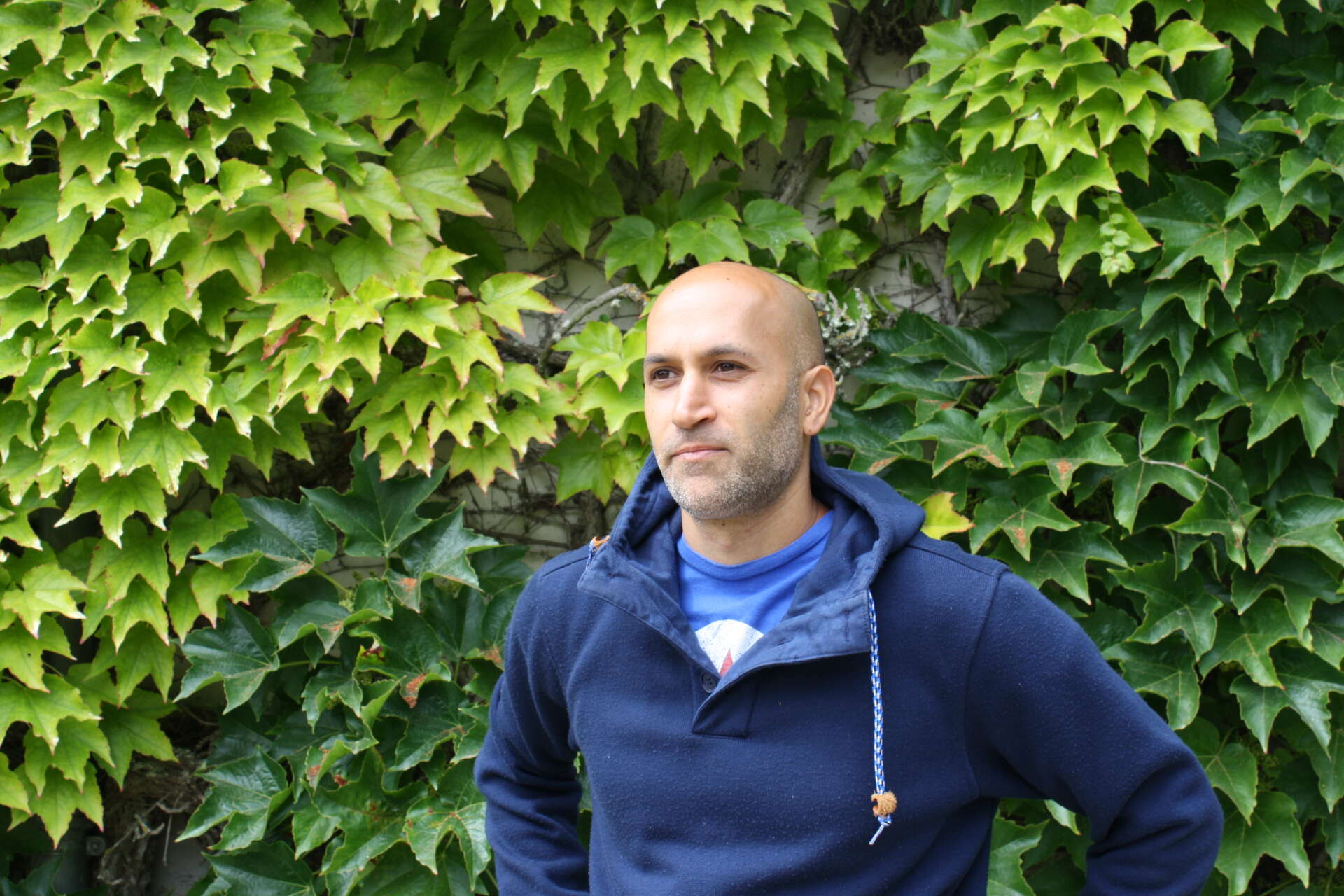We recently connected with Tarek Anandan and have shared our conversation below.
Tarek, looking forward to hearing all of your stories today. Let’s start with a story that highlights an important way in which your brand diverges from the industry standard.
There’s a quote about the modern business model that goes something like “if you’re not paying for the product, YOU are the product”. It means loosely that the business is making money off of you. For example, by using Facebook, Instagram, Google etc, you are giving the companies that run those services valuable insights into your life — how you shop, what you’re interested in etc. In many cases, users are doing this at a level that is well beyond their knowledge. People are giving away all kinds of data that the Internet giants are in turn using to not only profit, but also influence our behavior in ways that may be unhealthy. We “agree” either because we are OK with that “trade” or more likely because we don’t realize the full cost/value of what we’re giving away nor do we have the time/interest in reading all the fine print of each company’s terms of service, privacy policy etc.
We built ATTIC (https://attic.city) in a way that is meant to better balance the relationship between our service and our users, in a way that respects our users’ privacy and health at a level that is rather exceptional compared to many of our peers. For example, we don’t use ads on our site that track users; we don’t share that data with social networking sites; we use privacy respecting analytics; we don’t collect personally identifiable information and we don’t sell any data to third parties. We also as a rule avoid so-called dark patterns that are meant to keep you on our site, scrolling and scrolling, when you should be out engaged in your community, perhaps shopping at a local store in person, instead of staring at your phone all day. To boot, we tried to write a privacy policy for our site that is easy to understand, and educational: https://attic.city/privacy.
We’re proud of the decisions we’ve made with our service, even if it means we can’t cash in on every visit, every click and every eyeball. We’re OK with that. In the long run, we’re hoping consumers will start to understand the cost of all the “free” services out there, and perhaps public policy makers will even start to take a closer look at the individual and social costs of today’s biggest names on the Internet. When companies make money by keeping us glued to our screens, their incentives are not well aligned with the things that make for all of us having better lives — using tech in moderation, shopping in moderation etc.
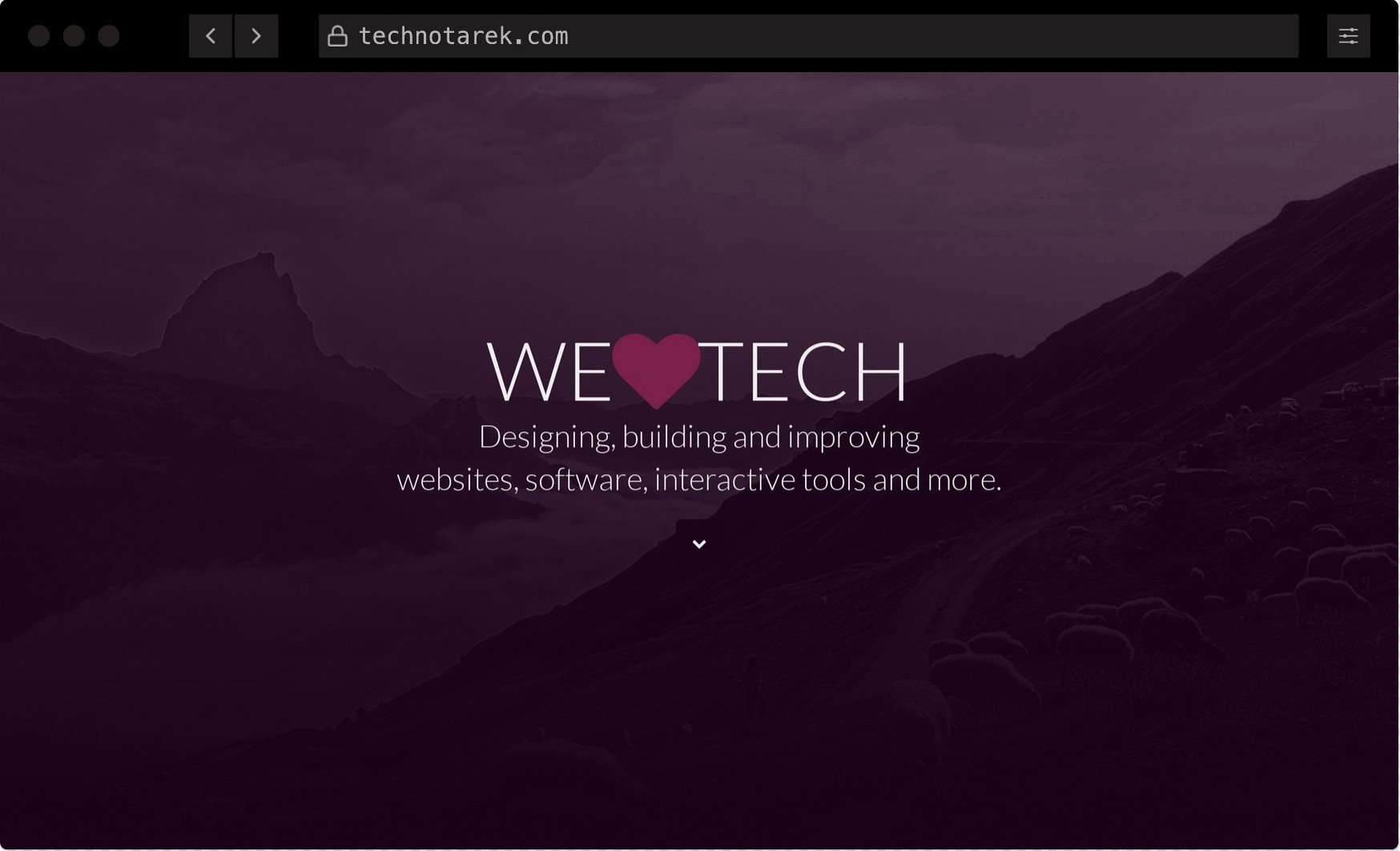
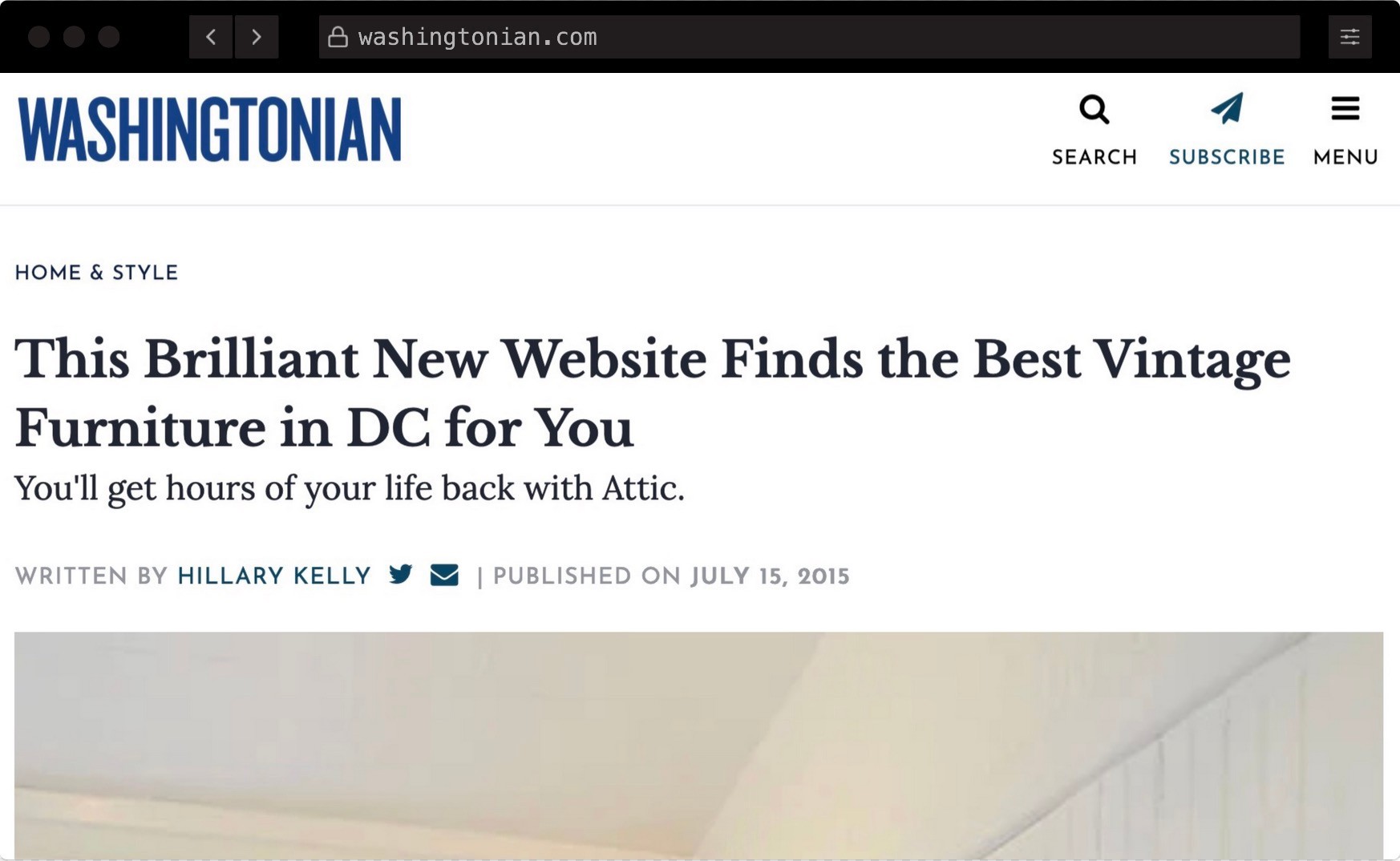
Great, appreciate you sharing that with us. Before we ask you to share more of your insights, can you take a moment to introduce yourself and how you got to where you are today to our readers.
I’m a worker. I started working from a young age. At the age of 11, I had a paper route and was one of my community’s youngest fully certified soccer referees. By the age of 14, I took a part time job at a local ice arena and I’ve basically worked ever since. Then one weekend in college, I randomly attended a short workshop about making a website and that paved the way for me to eventually become a tech entrepreneur.
Twenty plus years later I now run a niche web and software design and development company (https://technotarek.com). We design and build specialized software (i.e., applications) for nonprofit organizations, foundations, schools and small businesses. In addition, we pursue some of our own ideas and projects. ATTIC is one of those “passion projects” designed to help consumers shop from small, local independent stores. It started with furniture stores in Washington DC, because that’s where I was at the time and because I was trying to furnish a new home. We then extended it to home decor stores and local clothing boutiques. And finally we expanded that model to more than 15 cities and approximately 1,500 stores. Whereas shopping local is often an after thought for other online services, it’s the focus on ATTIC. In addition, for reasons related to the environment and simply style, we are big supporters of stores that deal in vintage and used goods.
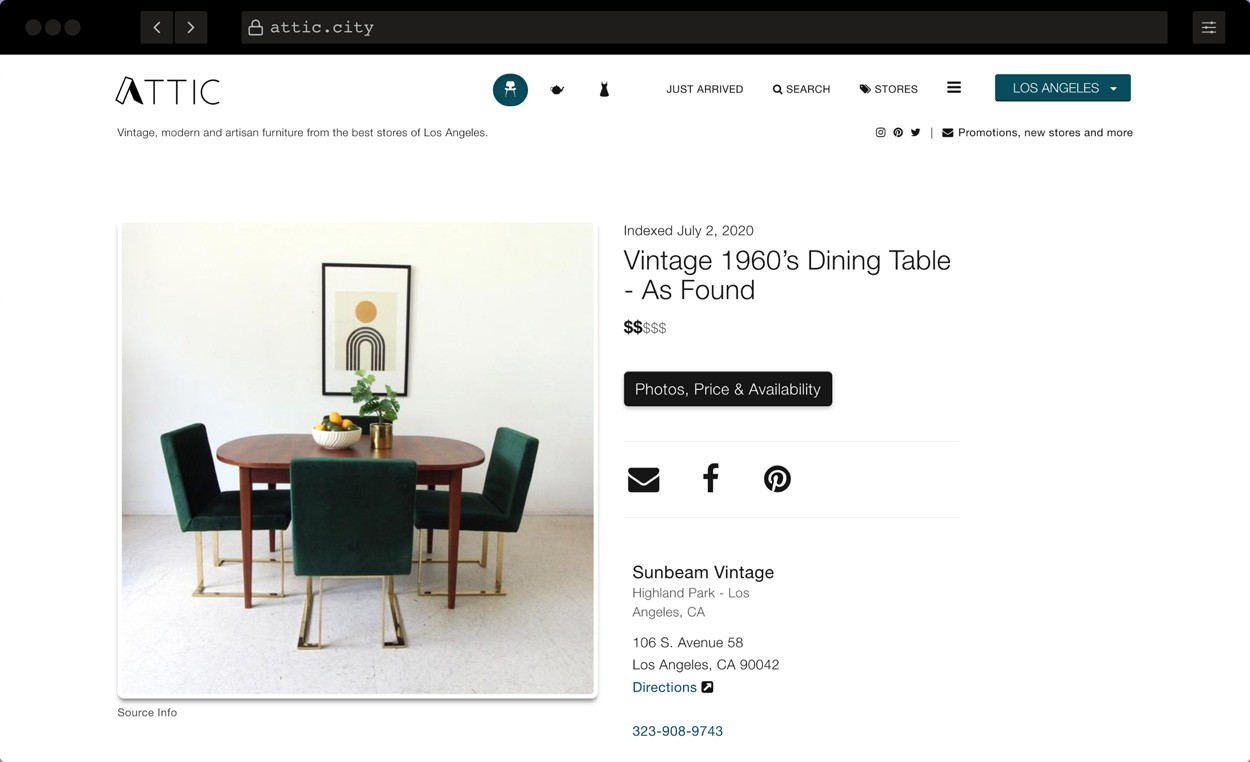
How’d you meet your business partner?
I’ve run my own business for more than 20 years. But when I first started, it was a side hustle. I designed websites and built online tools for a small number of clients. I worked on these projects at night or on the weekends while I was either a student or while I had a full-time job. Bit by bit though, my side hustle grew and grew to the point where I negotiated with my employer at the time for a reduced schedule so that I could focus on my own business. Then, eventually, I took the plunge and decided that my business was doing well enough that I could cut the cord and go on my own.
I was working as a technology and management consultant for a firm at the time and had a number clients from government agencies in DC. When I announced that I was leaving the firm, one of my clients came to me and said “you know, my husband does stuff similar to you. In fact, I’ve been having him vet some of your technical work. You two should have lunch!” One lunch later, we partnered up and have been working together ever since.
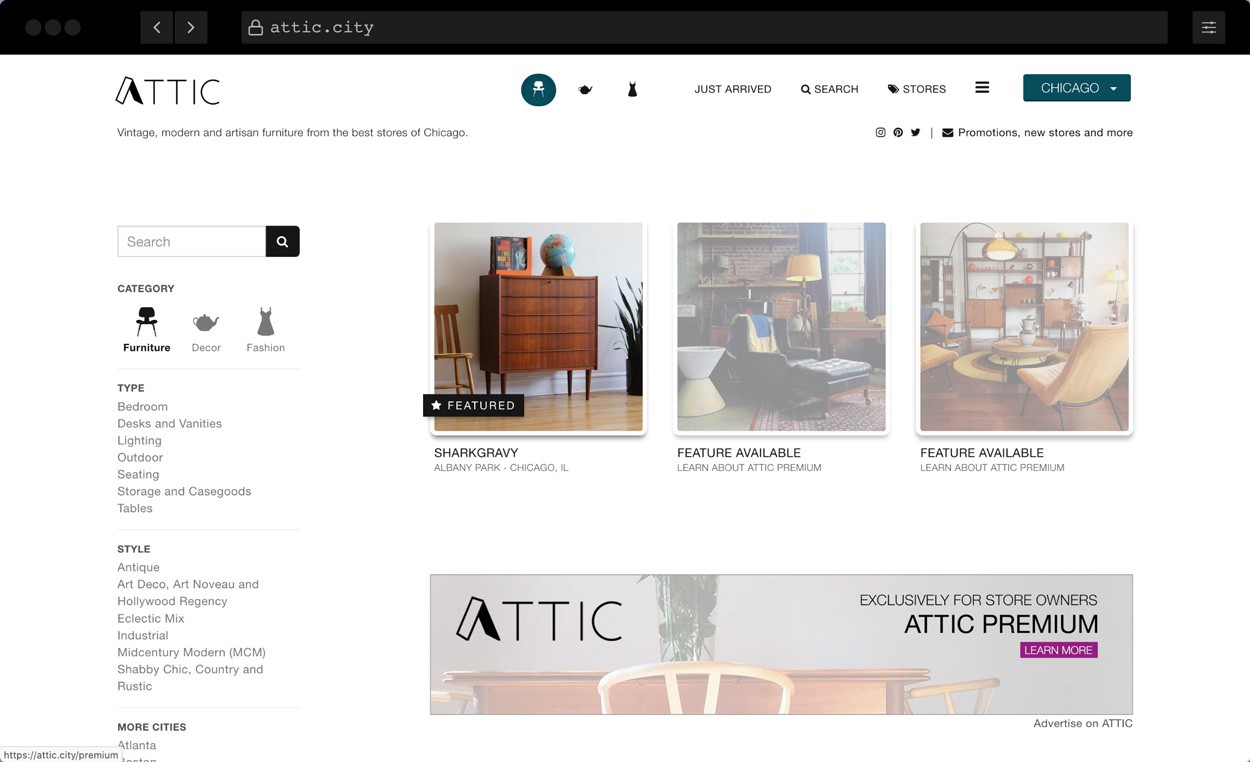
Can you talk to us about how your funded your business?
I’m not necessarily going to advise this as the way to go for everyone, but for me, for my passion project ATTIC, there was no funding. I had an idea and the desire to build something that I personally wanted, that I personally wish had existed. Fortunately I also had the technical resources to pull it off without much expense. I guess I did it for fun, because there was no business plan. In fact, making money wasn’t even on my radar until I showed the first version to a few people and they said “I want to use that!” Only then did I start to think about how it could make money.
As someone that builds websites, apps etc, I hear all the time “I have an idea for an app.” Yet it’s rarely in a space where the person has a lot of expertise. And they rarely have the technical expertise to even scratch the service. However, if you have an idea in a space that’s familiar to you, where you already have some expertise, you may be able to dive-in with minimal investment. That’s what worked for me.
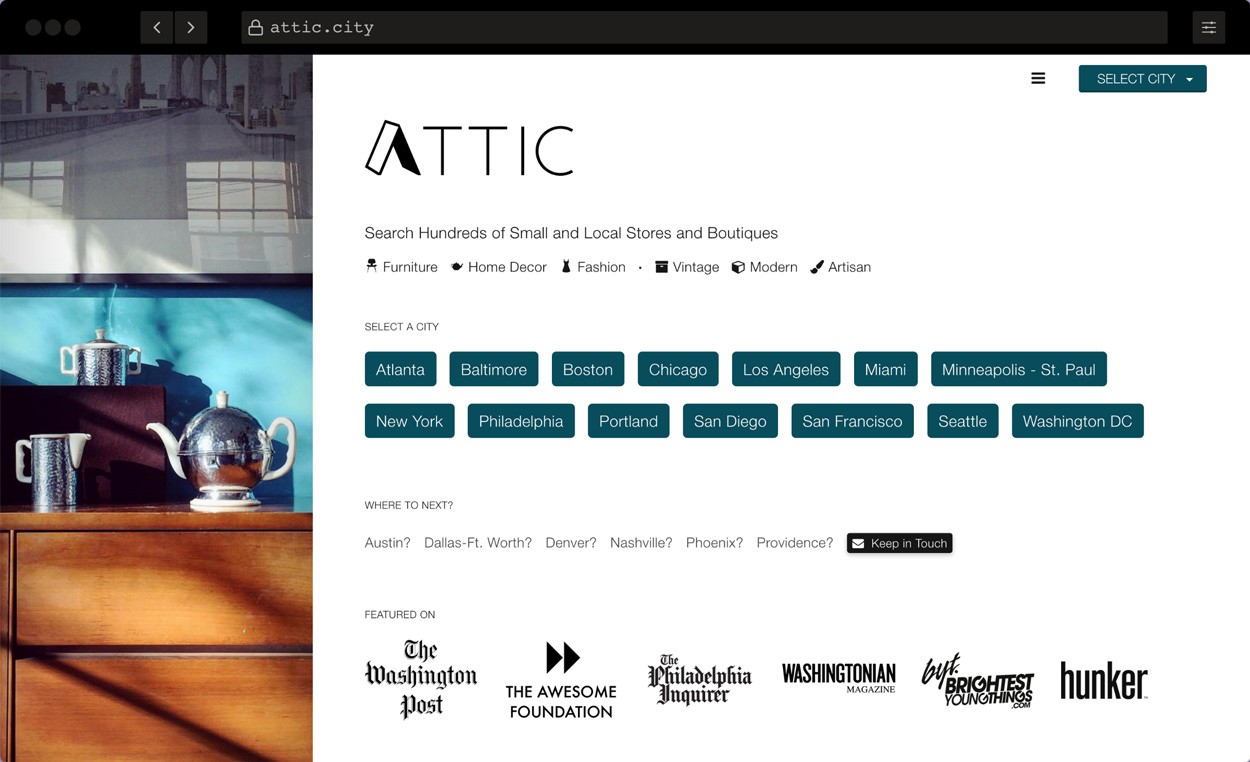
Contact Info:
- Website: https://attic.city
- Linkedin: https://www.linkedin.com/company/technotarek
- Other: https://technotarek.com


